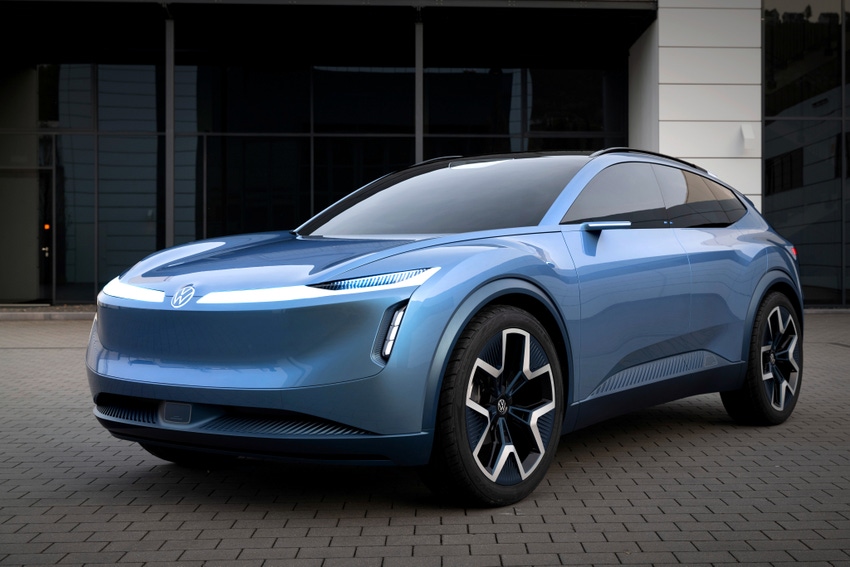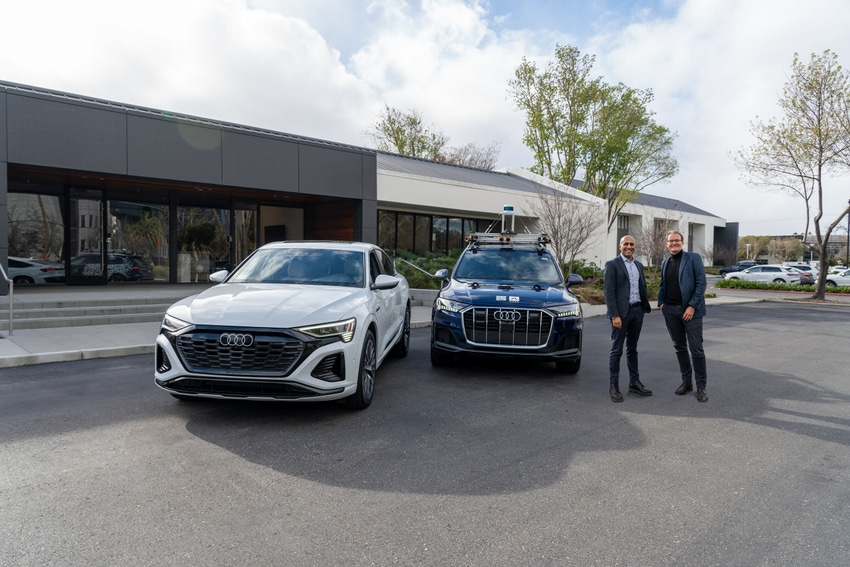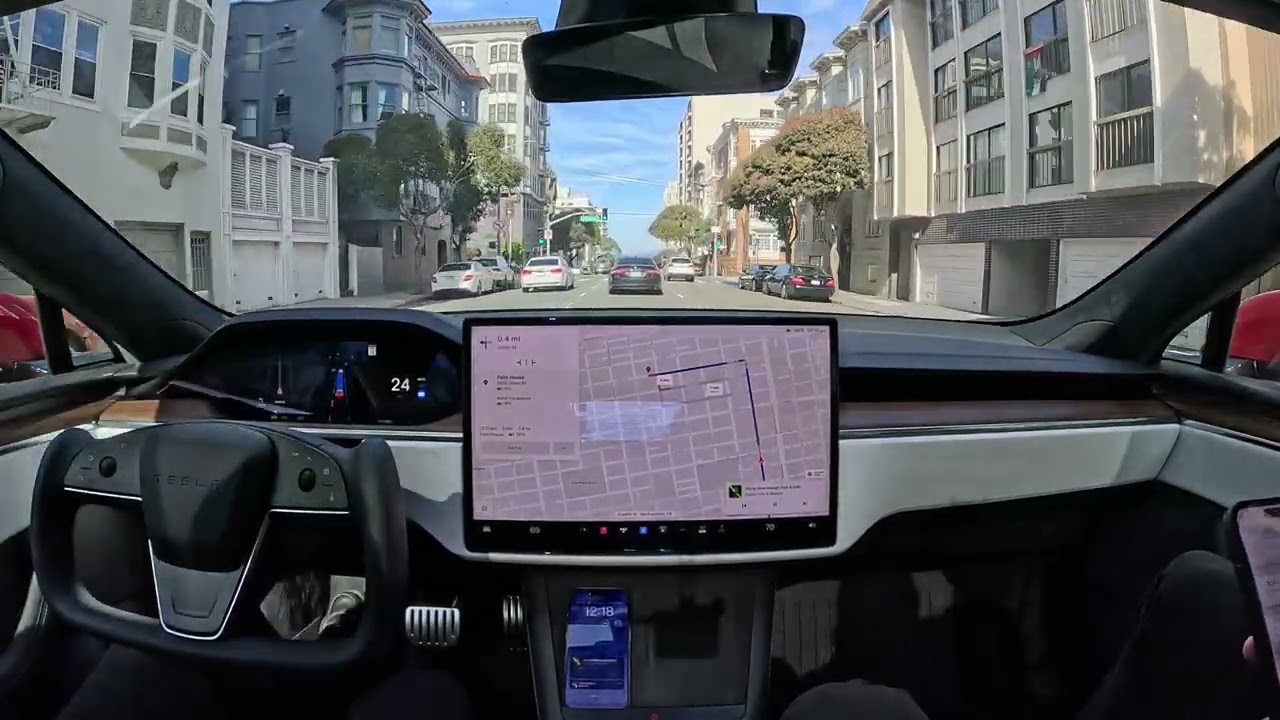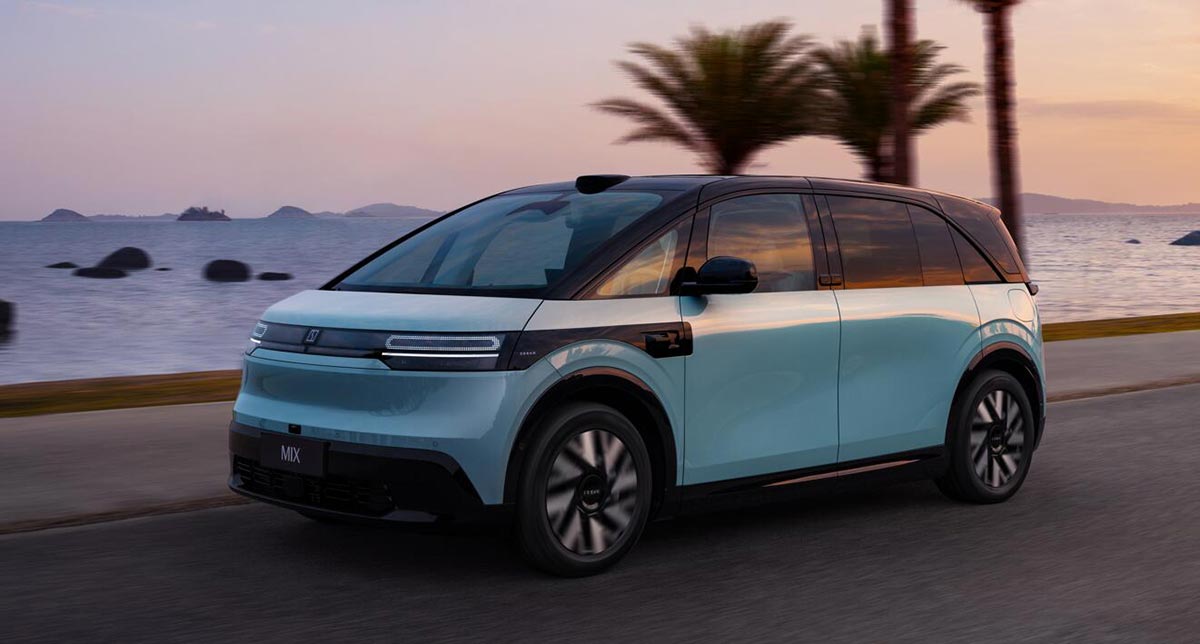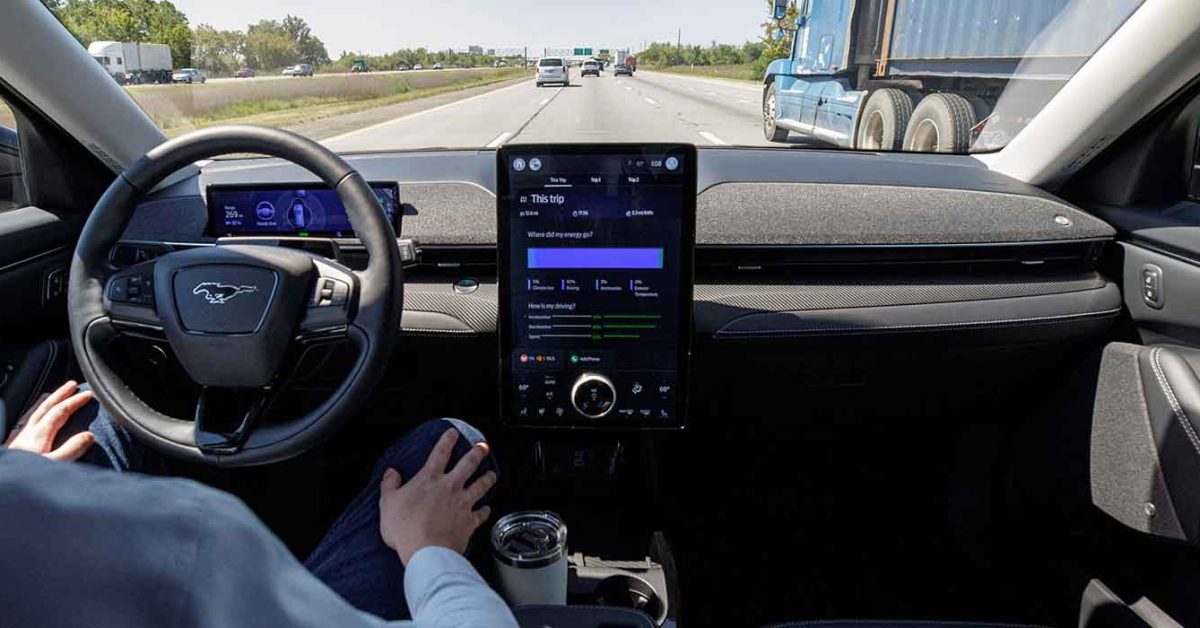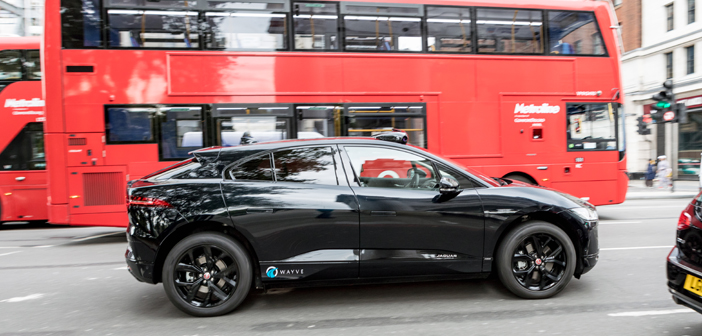German automaker Volkswagen has revealed its latest electric SUV-coupe, the ID.CODE concept, at the Beijing Auto Show, showcasing a sleek design and advanced autonomous driving features.
The ID.CODE concept serves as a preview of Volkswagen’s upcoming electric models developed in partnership with Chinese joint venture partners. One of the most notable features of the concept is its capability for fully autonomous driving at Level 4, according to the Society of Automotive Engineers.
Volkswagen describes the ID.CODE’s autonomous driving system as an “autopilot” function, distinct from Tesla’s Level 2 Advanced Driver Assistance System. The concept is equipped with advanced sensor, light, camera, and screen systems that enable comprehensive communication with the surroundings, although specific details were not provided.
In Level 4 mode, the ID.CODE offers a unique interior layout, including a retractable steering wheel that creates additional space, allowing front seats to rotate to face each other. This setup enables occupants to engage in conversations, read, browse the internet, watch movies, or even adjust the seats for sleeping.
Furthermore, the concept features a Hygiene Mode, which activates when the car is empty, using air filters and a robot vacuum cleaner named LUPO to freshen the interior.
The ID.CODE also incorporates innovative exterior features, such as an intelligent lighting system with “Interactive 3D eyes” that blink to indicate the car is in autonomous mode, enhancing safety for other road users.
Thomas Schäfer, CEO of Volkswagen Passenger Cars, highlighted the design’s focus on meeting the needs and preferences of Chinese customers, aligning with the company’s “In China, For China” strategy. This strategy aims to bolster Volkswagen’s position as the leading international automaker in China, with a target to sell 4 million vehicles in the country by 2030.
To achieve this goal, Volkswagen has partnered with local companies, including a collaboration with XPeng to develop a new digital architecture for EVs and a $2.3 billion investment in Beijing-based Horizon Robotics to advance autonomous driving technology.

